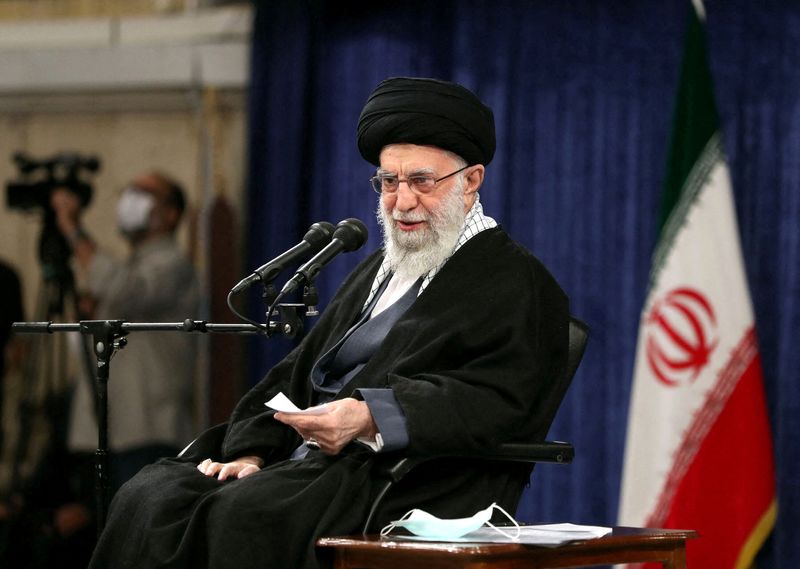Iran continues death penalty in response to criticism
2023.01.09 09:05

Iran continues death penalty in response to criticism
By Ray Johnson
Budrigannews.com – According to the Mizan news agency, Iran’s judiciary has executed three more anti-government protesters on charges of “waging war on God,” defying international criticism of its harsh crackdown on protesters.
In its efforts to quell demonstrations, which have significantly slowed since it began carrying out executions within weeks of arrests, Iran hanged two additional men on Saturday, one of whom was a karate champion who had won multiple national titles.
Mizan stated that Saleh Mirhashemi, Majid Kazemi, and Saeid Yaghoubi, who had been found guilty of allegedly murdering members of the volunteer Basij militia during anti-government demonstrations in the central city of Isfahan, could appeal their convictions.
The elite Revolutionary Guards-affiliated Basij forces have led the state’s response to the uprising sparked by Mahsa Amini’s death on September 16 while being held by Iran’s morality police, aged 22.
Iran’s execution of protesters who demanded more respect for women was condemned by Pope Francis on Monday.
Francis stated, “The right to life is also threatened in those places where the death penalty continues to be imposed, as is the case in these days in Iran, following the recent demonstrations demanding greater respect for the dignity of women.” Iran is one of the countries in which the death penalty is still in place.
The protests, one of the most daring challenges to the religious leadership since the 1979 revolution, have garnered support from Iranians from all walks of life and called for the overthrow of the Islamic Republic’s leaders.
Ayatollah Ali Khamenei, Iran’s Supreme Leader, said in a televised speech on Monday that those who “set fire to public places have committed treason with no doubt” and that the country has no intention of changing its stance. Treason is a crime that can result in death under Islamic law in Iran.
Rights activists believe that the clerical establishment’s executions, arrests, and harsh sentences for protesters are an attempt to intimidate them and instill enough fear in the population to put an end to the unrest.
Small-scale demonstrations continue in Tehran, Isfahan, and a number of other cities despite the establishment’s intensification of repression.
The judiciary says that since the demonstrations started, at least four people have been hanged. Two protesters were hanged on Saturday for allegedly killing a Basij member.
Last month, Amnesty International stated that in “sham trials designed to intimidate protesters,” Iranian authorities are seeking the death penalty for at least 26 others.
Social media activists reported that two other protesters, Mohammad Ghobadlou, 22, and Boroughani, 18, had been moved to solitary confinement prior to their executions at the Rajai Shahr prison in Karaj city.
Reuters has not been able to verify any social media posts that showed Khamenei-hating protesters gathered outside the prison late on Sunday.
Iran’s use of the death penalty against protesters has been condemned by the European Union, the United States, and other Western nations.
More EU may impose new sanctions against Iran over executions
German Foreign Minister Annalena Baerbock condemned Iran’s most recent execution of protesters on Monday, stating that “a regime that murders its own youth to intimidate its population has no future.”
The Islamic Republic sees the suppression of protests as safeguarding national sovereignty, despite the fact that it has laid the blame for the uprising on its adversaries abroad, such as the United States.








